A guide to Natural Face Cleansers
History of Natural Face Cleansers
| Estimated Reading Time: 10 minutes |
Beauty is self-confidence applied directly to the face. While we focus on our inner beauty, it does help to have natural, healthy and glowing skin which enhances our persona and helps us stand out. This is where natural skincare (especially natural ayurvedic face wash) steps into the equation. Since spotless and glowing skin is the object of desire for many, most people create their entire skincare routine around trying to achieve healthy radiant skin. Skin which is naturally beautiful, does not require makeup to cover it up.
The first step in any skincare routine, be it long or short, is face cleansing. You always begin by washing your face, with a cleanser of your choice. As the world is slowly understanding the benefits of natural ingredients, many people have started opting for Ayurvedic face wash. A cleansing ritual provides the base for the skincare to be absorbed into the skin.
The term skincare routine may appear to be newly coined but the process is not as spotless skin has been desired by people since ancient times. Back in the older day as well, people were all about beauty and experimented with various natural ingredients, trying to figure out different ways to achieve it. A close look at the pictures of your grandmothers would tell you how great their skin was, by using only a few natural products. In those times, the lack of packaged cosmetic products too did not stop people from trying to achieve flawless skin.
India is the land of Ayurveda. Naturally, we had plenty of options when it came to cleansing the face and the body to achieve natural beauty and it dates way before cameras and filters existed. There are various descriptions of Queens bathing with milk and honey, using various ayurvedic ingredients on their faces and bodies to enhance their beauty. Some of those are relevant even today and are discussed below.
Fuller's earth or Multani mitti, as the name suggests, is mitti i.e. sand from Multan. It is inarguably one of the best facial cleansers from ancient India. The clay digs out the impurities and sucks out the excessive oil produced by sebum glands, making it the best ayurvedic face wash for oily skin and one of the cheapest pimple face wash
It was common practice amongst women in ancient India to cleanse their faces using raw milk or curd. The lactic acid present in them is capable of cleansing and moisturizing the skin. Milk/ curd is the easiest available best face wash dry skin people can have.

Another commonly used face cleanser from ancient India was Neem leaves. Neem leaves were boiled and the water was used to cleanse the face also called Neem face wash. The antioxidants healed the skin and made it glow. Neem also made the best pimple face wash and best face wash oily skin can have. Men, who have facial hair also benefits from neem face wash and therefore neem face wash is one of the best face wash for men
Sandalwood and saffron were mixed with rose face water and applied to the face for a flawless complexion. Saffron is renowned for the radiance it provides and sandalwood soothes and brightens the skin. Rose face water has toning properties and is a good skin toner. It makes the skin firm and closes the open pores. Some people find making rose face water a cumbersome process. For this, one can buy a rose face tonic, which is nothing but distilled rose face water.
Last but not the least, besan (chickpea flour) was mixed with turmeric, rose face water/milk curd and made into an Ubtan. It was a natural face scrub which exfoliated the skin and gave the skin an ever-beautiful glow. Ubtans, to this date, are used in every Indian household. It is held in high regards for its cleansing benefits and is specially used around the country during weddings. It is to be applied to a bride's face and body regularly for her to glow on her big day.
While skin cleansing is not new, with the advancement of science, the country has witnessed a shift in the formulation of cleansers. With the number of products flooding the market, we are so spoilt for choices that picking up the best one for you can be quite a task.
The Importance of Using Face Cleansers
Skin cleansers have multifarious uses, making them a rather important part of a person’s skincare routine. The functions of a face wash provide you with benefits that are not only deeply desired by people but also quite crucial for your skin. The regular use of a face cleanser at night removes dirt and makeup that has been sitting on your face the whole day. Using it in the morning gets rid of the bacterial build-up on your face after it comes in contact with bedsheets and pillowcases.
Face washes also deep clean the pores, taking care of removing the impurities of the skin and the excess sebum oil. However, a face wash made of harsh chemicals can cause harm to the skin. One must thus be very careful in selecting the best ayurvedic face wash, which has benefits of natural herbs and ingredients.
The skin secretes oils to keep the skin hydrated. People whose skin secretes oil more than required to keep skin moisturized are known to have an oily skin type. They are more prone to acne because dirt then sits on top of oily skin, making matters worse. The use of best face wash oily skin control and remove the excess oil off of their faces, in turn preventing and controlling acne.
Regular use of face washes also helps in building a skin barrier. One of the most important functions of the skin is to protect the body from the various microorganisms present in the atmosphere. Regularly cleansing the skin keeps it clean and healthy, and the skin barrier does not get compromised.
Another very important benefit of face cleansing is that it provides a clean base to apply the skincare. Using skincare products on dirty skins may clog the pores, resulting in either blackheads or whiteheads or acne. Applying them on cleansed skin ensures better absorption of the product and faster results because the skin derives maximum benefit from these products when they're applied on clean skin with clean pores.
Difference Between Ayurvedic Face Wash and Chemical Face Wash
Just like any other skincare product, there is an ample number of face washes available for different skin types and different skin concerns. Face washes may be categorized according to their suitability for various skin types (dry, normal, oily and sensitive) or according to the ingredients they have been formulated with (ayurvedic or chemical). Understanding the difference between the two will help you in selecting the correct best ayurvedic face wash or chemical face wash for yourself.
An ayurvedic face wash, as the name suggests, is made up of natural ingredients and herbs found in Ayurveda, a holistic healing system from India which is also one of the world's oldest known medical systems.
As most ayurvedic remedies are carried out using ingredients available in nature, it gives ayurvedic face washes their alias, natural face wash. Chemical face washes, as the name suggests are laboratory-formulated.
The worldwide development of skincare has brought about a wave of products based on modern science. Unlike the old times when people thought chemicals were bad for your skin, they are now trusting the presence of active ingredients more and more in their skincare, because they promise very visible results in rather less time. This brings us to another difference between an ayurvedic face wash and a chemical face wash. The latter is known to exfoliate and remove dead skin cells faster, due to the presence of active ingredients, thereby ensuring faster results. Ayurvedic face washes are gentler and it takes a long wait for visible results.
Ayurvedic face washes are free of Sodium Lauryl Sulphate, which give face washes lather, foam, and parabens, which may be carcinogenic. This makes them gentler as compared to the other products available.

Suitable Ayurvedic Face Washes for Your Skin
According to Ayurveda, the human body is made up of three doshas: Vata, which controls the flow of movement in the body and mind, Pitta, which controls digestion, hormones and metabolism and Kapha, which contains the body's endurance.
The body faces an issue or illness every time the doshas go out of balance. Ayurveda essentially seeks to help you find a balance among all the three doshas. You may choose an ayurvedic face wash according to your ayurvedic skin dosha.
Vata skin is dry and thin. It has fine pores and is prone to fine lines and wrinkles. When imbalanced, Vata skin gets dehydrated and develops wrinkles sooner than other skin types, if not treated properly.
Honey, because of its extremely moisturizing properties, is a great cleanser for Vata skin. If you have Vata skin, you may cleanse your face by applying honey mixed with rose face water (optional) and washing it off with water after a few minutes. Honey makes the best face wash dry skin.
Another way to cleanse Vata skin is to use besan (chickpea flour), mixed with milk, honey and rose water. Besan is known to be a great exfoliant. It helps by removing the dead cells of the skin and promoting cell regeneration.
If you do not have time for DIY recipes, the Shubhr Radiance Honey Face Wash by Blue Nectar is the best ayurvedic face wash for you. While it is suitable for all skin types, it works well for the Vata skin because of its hydrating properties. It is the best face wash dry skin can have as it does not dry out the skin any further. It is also one of the best face wash for men as it is gentle yet deep cleansing.
Pitta skin is delicate and sensitive and has an average thickness, making it prone to sun damage. When pitta loses balance, the skin faces issues like inflammation, excessive oil production and acne etc. Pitta skin, when imbalanced, needs to be calmed and soothed. If you have pitta skin, you may cleanse your face using aloe vera and sandalwood. Mix some rose face water or rose face tonic into aloe vera gel and cleanse your face with a cotton ball. You can also add sandalwood powder for brighter skin. Rose face tonic is the best face wash oily skin people love.
For people with pitta skin that are on the go and like to use ayurvedic products, the Blue Nectar Shubhr Pimple Clear Face Cleanser may be the best pimple face wash for oily skin. Enriched with honey and tea tree oil, it deeply cleanses the skin and removes excess oil without drying your skin. No doubt it has been loved and popularly known as best wash oily skin.
Kapha skin type is thick, oily and dull, with large pores. People with Kapha skin suffer from cystic acne, blackheads and whiteheads because the skin produces excessive oil. The oil attracts dirt and may cause more skin problems, if not cleaned properly.
The most stellar product people with Kapha skin can use is Multani Mitti, or Fuller's Earth. Benefits of multani mitti are that its clay-like properties cleanse the pores and absorb excess oil after bringing it to the surface of the skin. You can simply add water or rose face water to the Multani mitti, apply it on your face and wash it off once it has dried.
Another option for people with Kapha skin is the Blue Nectar Shubhr Acne Neem Face Wash. It is the best ayurvedic face wash for oily skin. Enriched with neem, aloe vera and honey, this neem face wash cleanses the skin, controls oil production and prevents and treats acne.
Using ayurvedic products is a great way of treating the various issues the skin faces without stripping off its moisture by using products laden with harsh chemicals.
Benefits of Using Ayurvedic Face Wash
There are various benefits of choosing an ayurvedic face wash over a chemical face wash. Most chemical face washes contain active ingredients. If not properly formulated, they may turn out to be harsh on the skin. Ayurvedic face washes are mostly gentle on the skin because most of the ingredients found in them are edible, like honey, cinnamon, neem, etc. and applying the same on the face can't do much harm. And these ayurvedic face wash can easily win the title for best face wash for men or women.
Ayurvedic face washes do not have active ingredients in their formulation. Active ingredients exfoliate the skin by removing dead skin cells. Regular use of the same may end up over-exfoliating the skin and drying it out. The lack of actives in ayurvedic face washes makes them a safer, non-drying option. Do not dry your skin out.
Ayurvedic face washes, as mentioned above, are primarily formulated using products available in nature. This makes ayurvedic face washes more sustainable as compared to chemical face washes.
Chemical face washes contain parabens, as they add significantly to the shelf life of a product. However, parabens may be carcinogenic if used frequently. Ayurvedic face washes are mostly free of parabens, making them a safer alternative.
Chemical face washes help in exfoliating the skin. The average person uses a skin wash 1-2 times a day. Regular usage of chemical face washes over exfoliates and does not give the skin a chance to replenish. The presence of actives makes them photosensitive, which makes the skin more prone to damage in the sun. This causes premature aging, which is not something you have to worry about when using an ayurvedic face wash.

Parting Note
To sum things up, the market is filled with various face washes, ayurvedic and chemical. It is completely up to you to decide which one to go for. Both of them have their advantages and disadvantages over the other. However, if properly formulated, ayurvedic face washes have an upper hand because of their gentle, subsistence nature, clean ingredients and their historical significance. Ayurveda is in itself a science, one that is still widely credited around the world. Ayurvedic face washes are thus clearly a better option than their chemical counterparts.
Recommended Products by Blue Nectar:
Shubhr Radiance Honey Face wash with 15% Real Honey
Shubhr Neem Face Cleanser | Acne Control & Oil Balancing
Shubhr Pimple Clear Face Wash With Honey & Tea Tree
Shubhr Steam Distilled Rose Toner Water & Face Tonic Mist


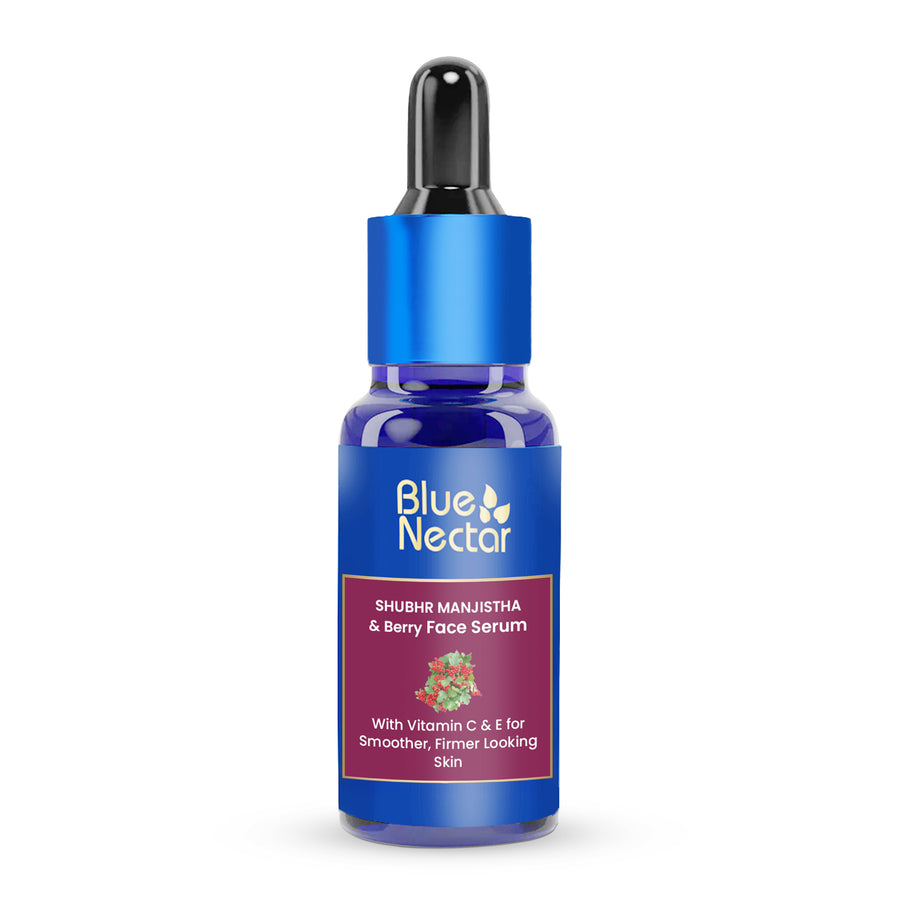
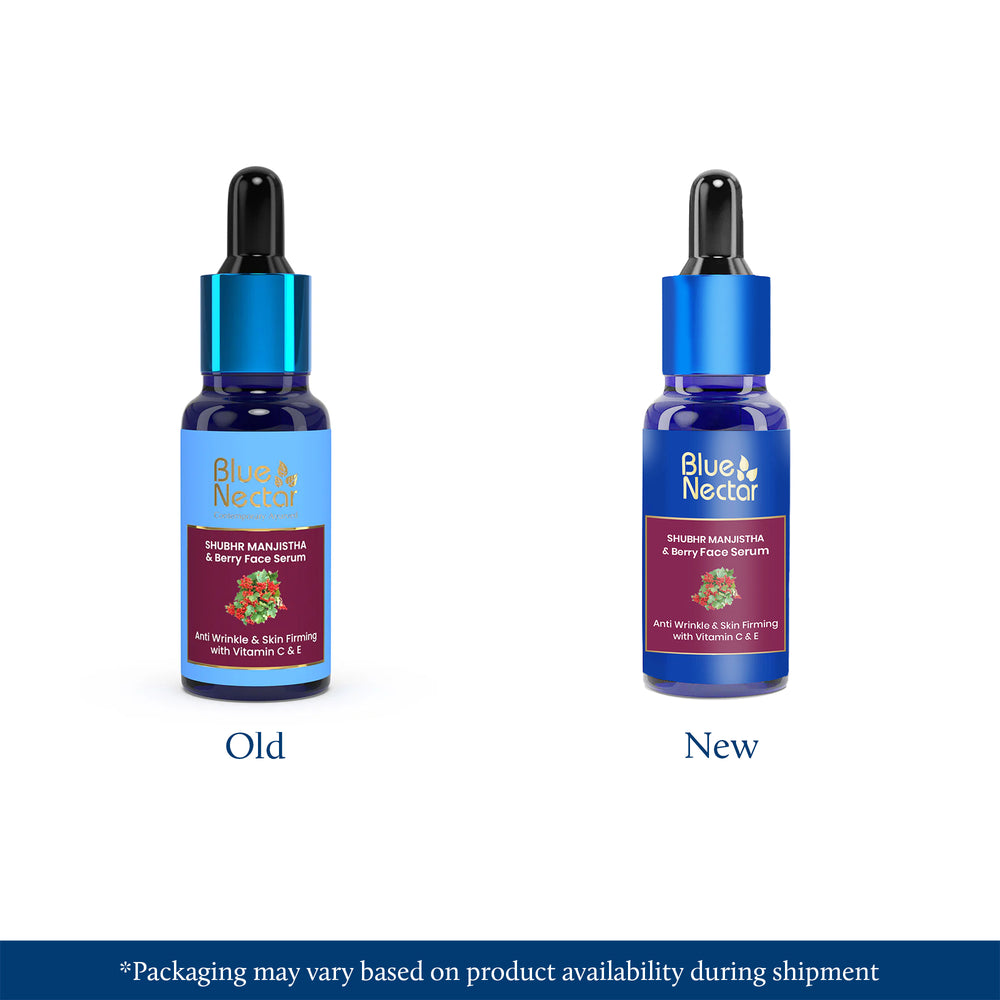
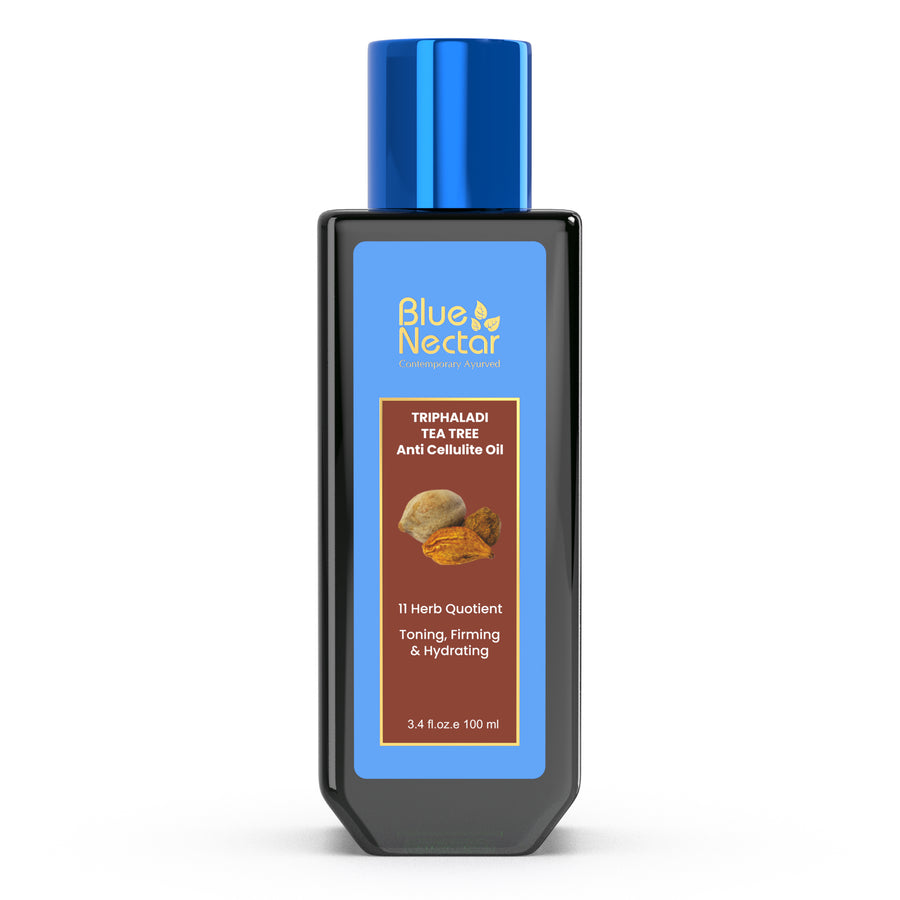
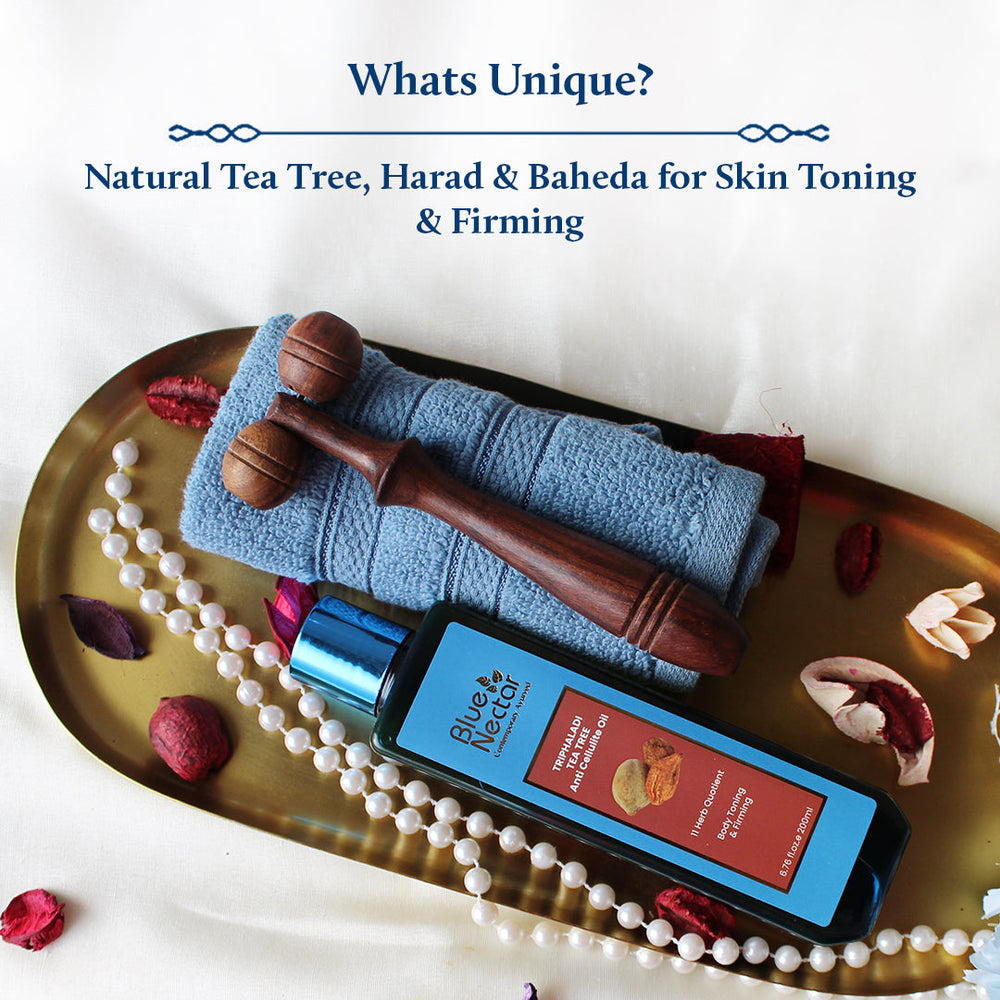
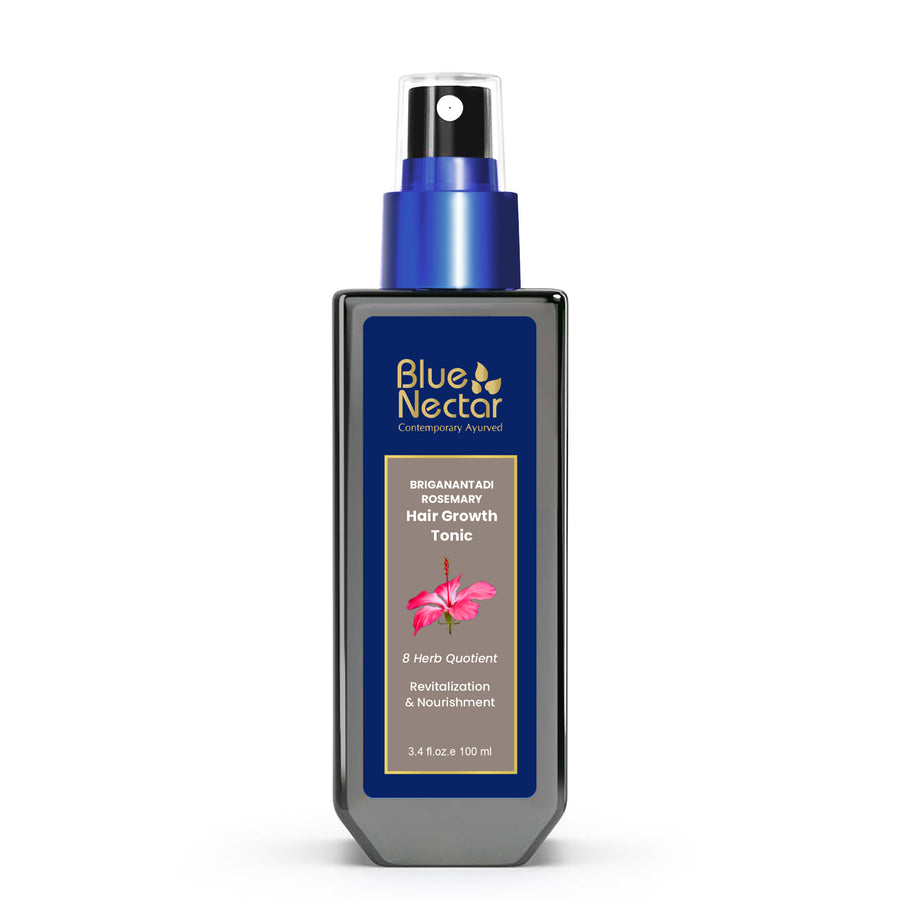
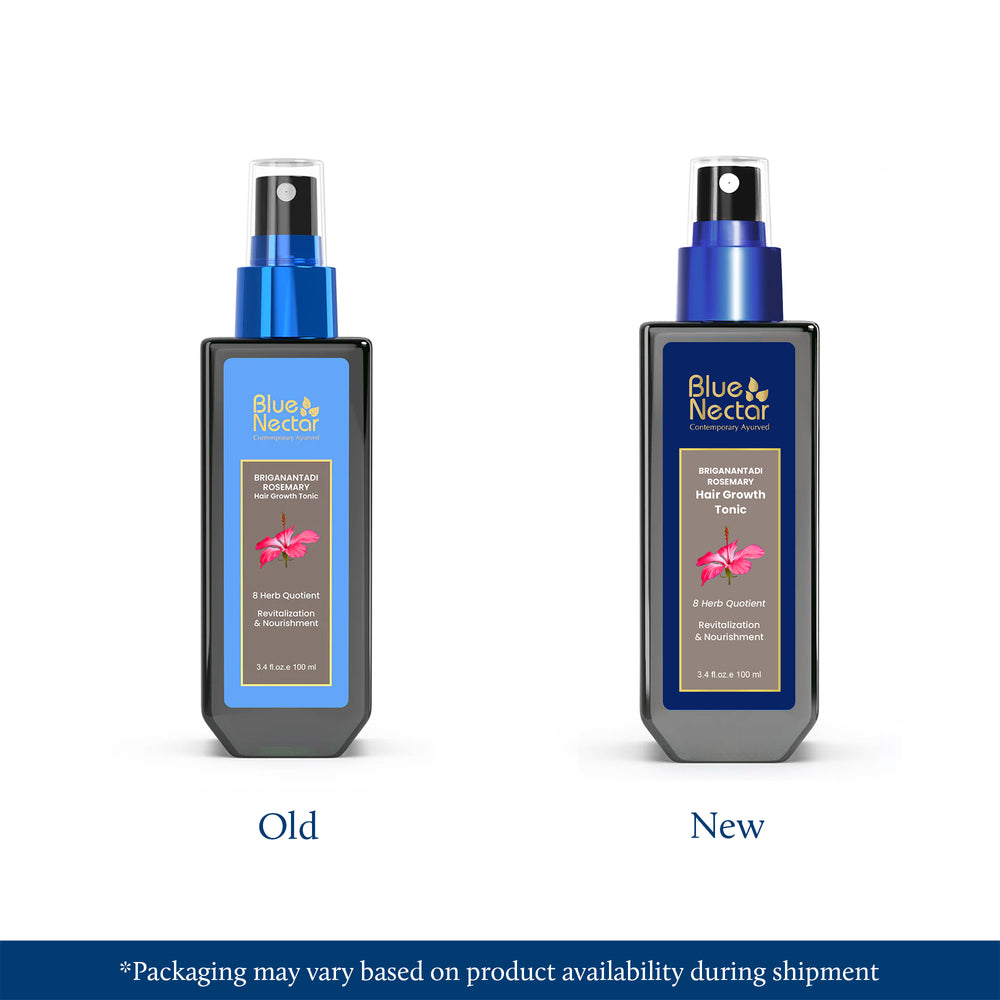
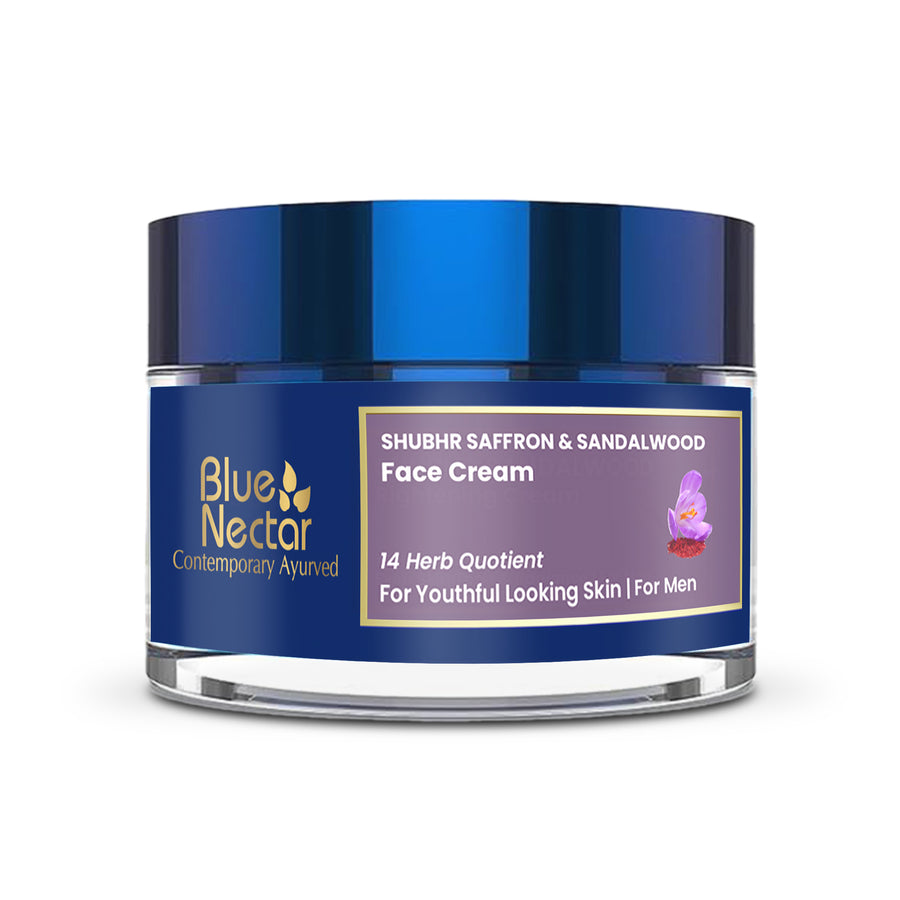
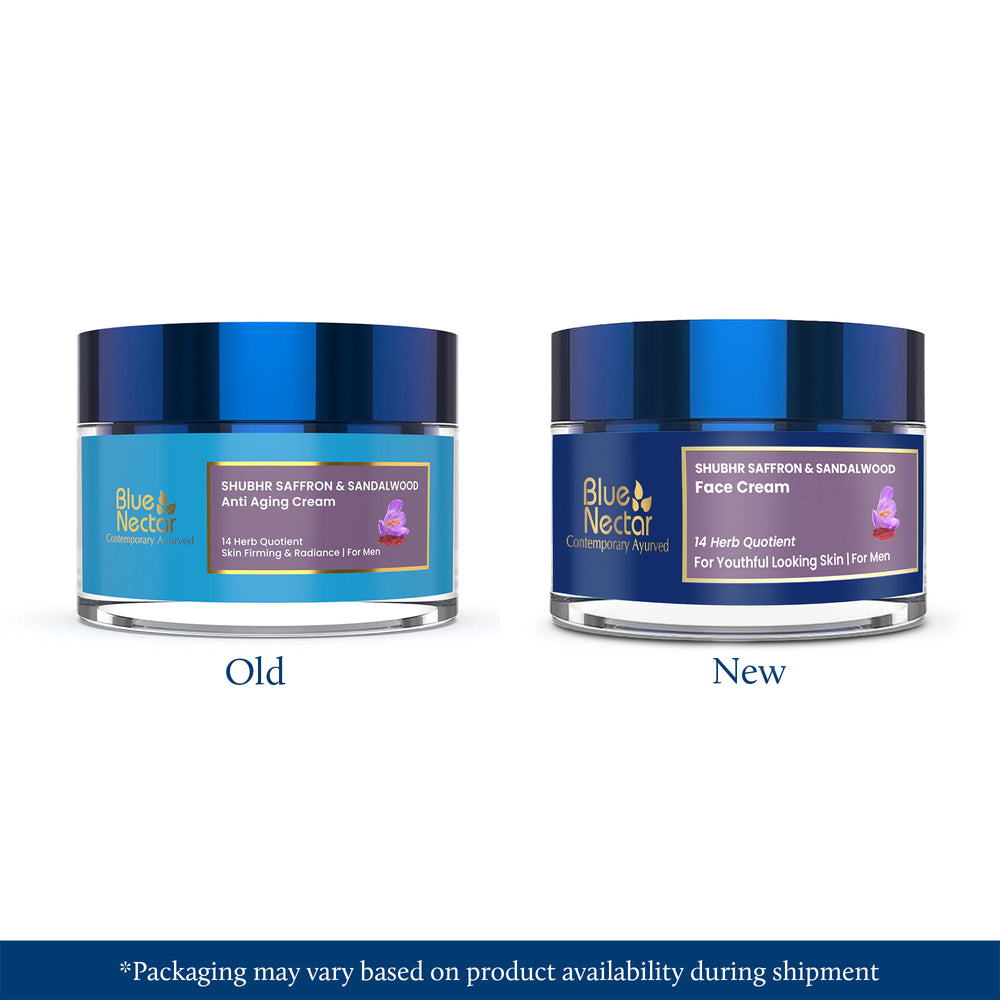
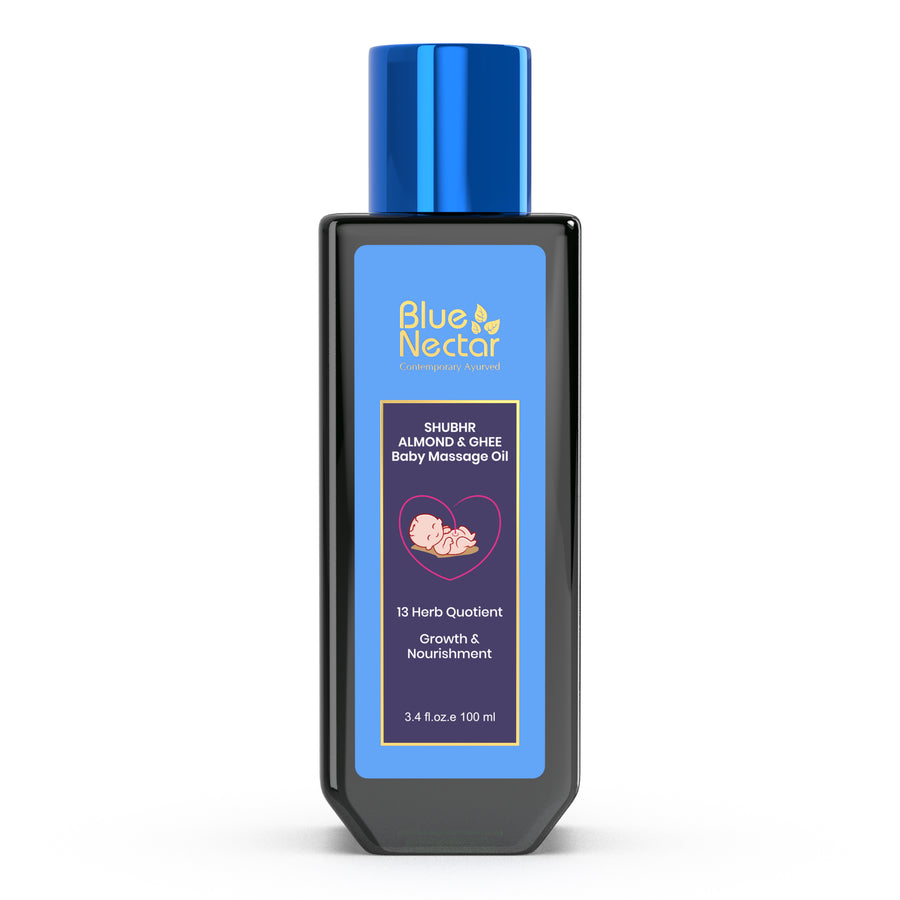
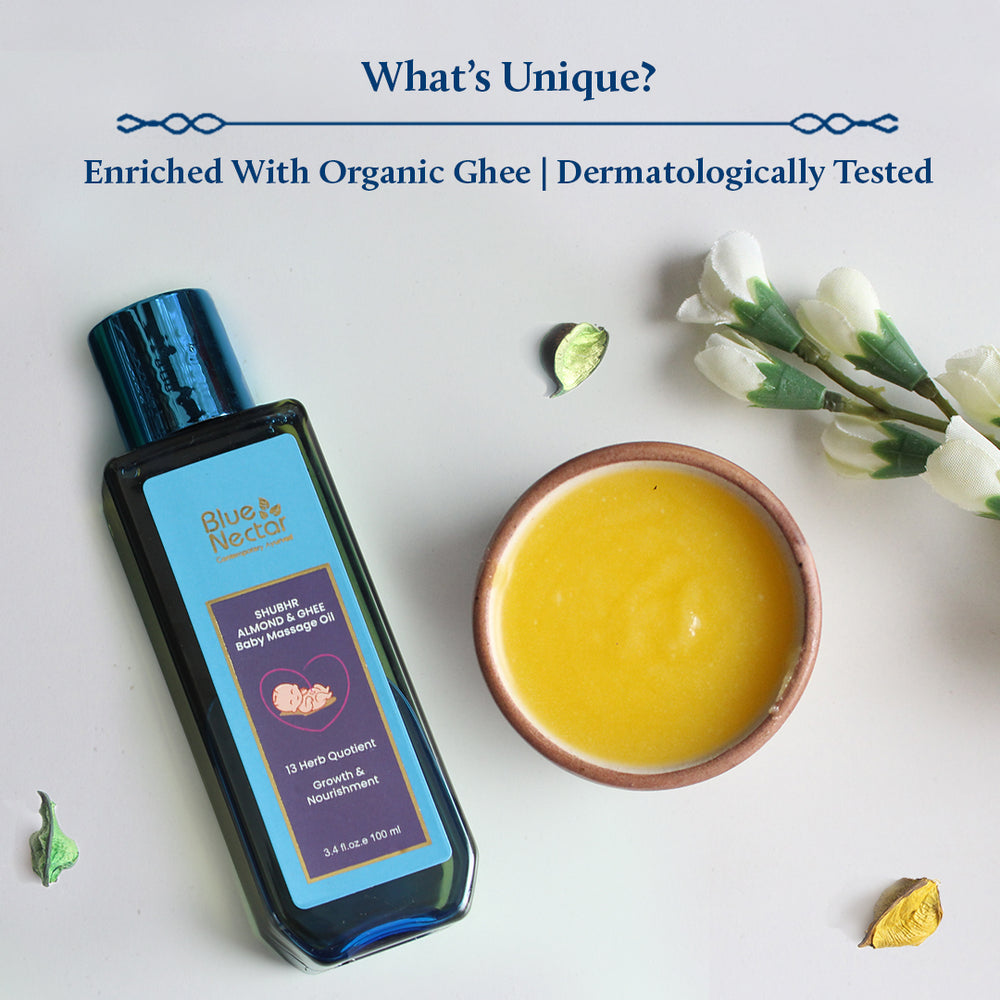
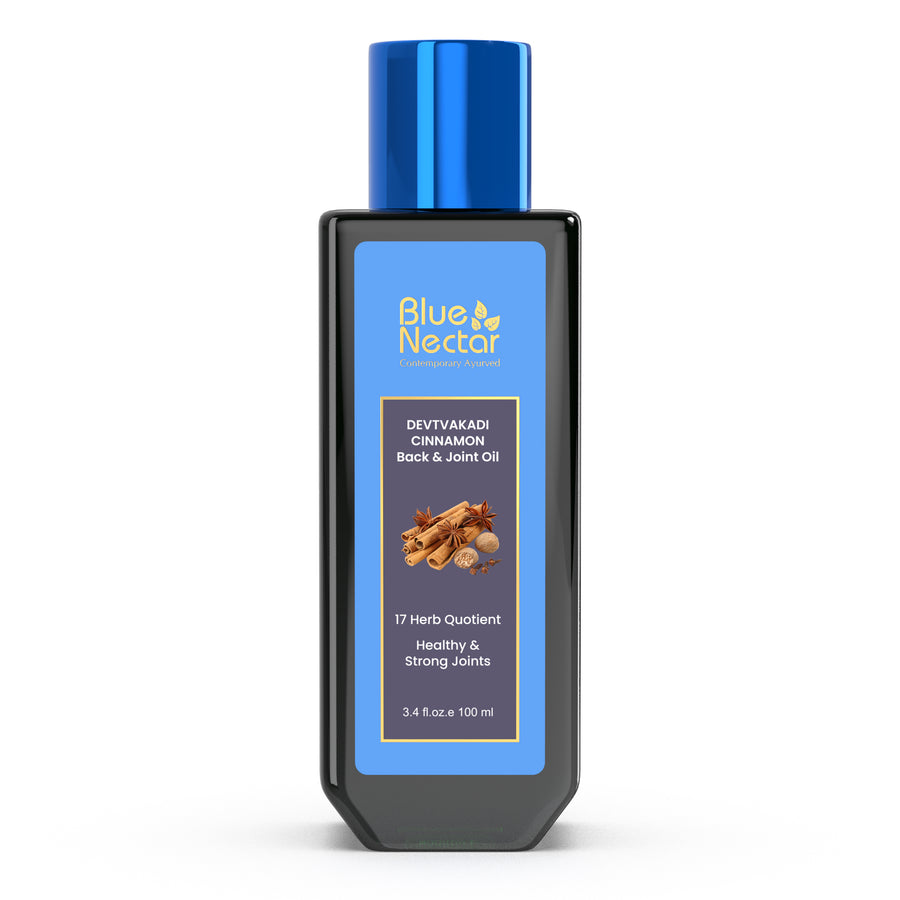
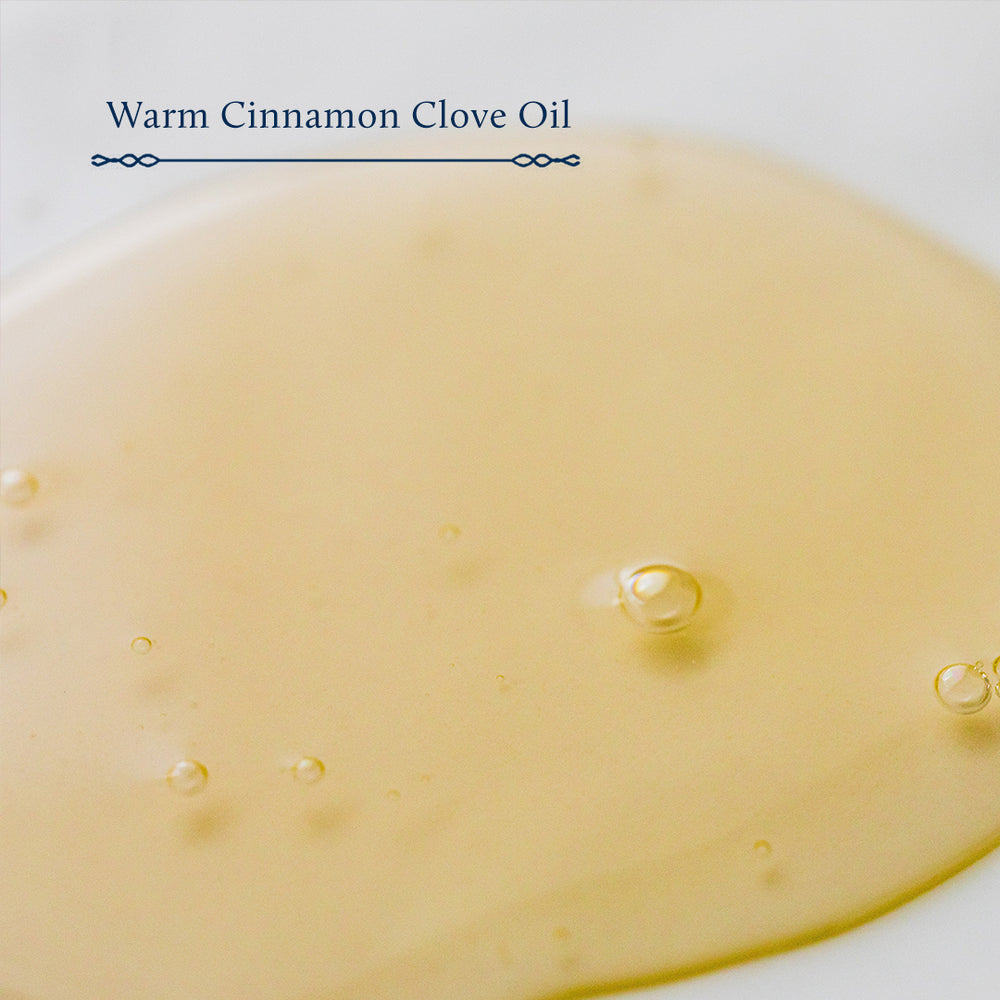
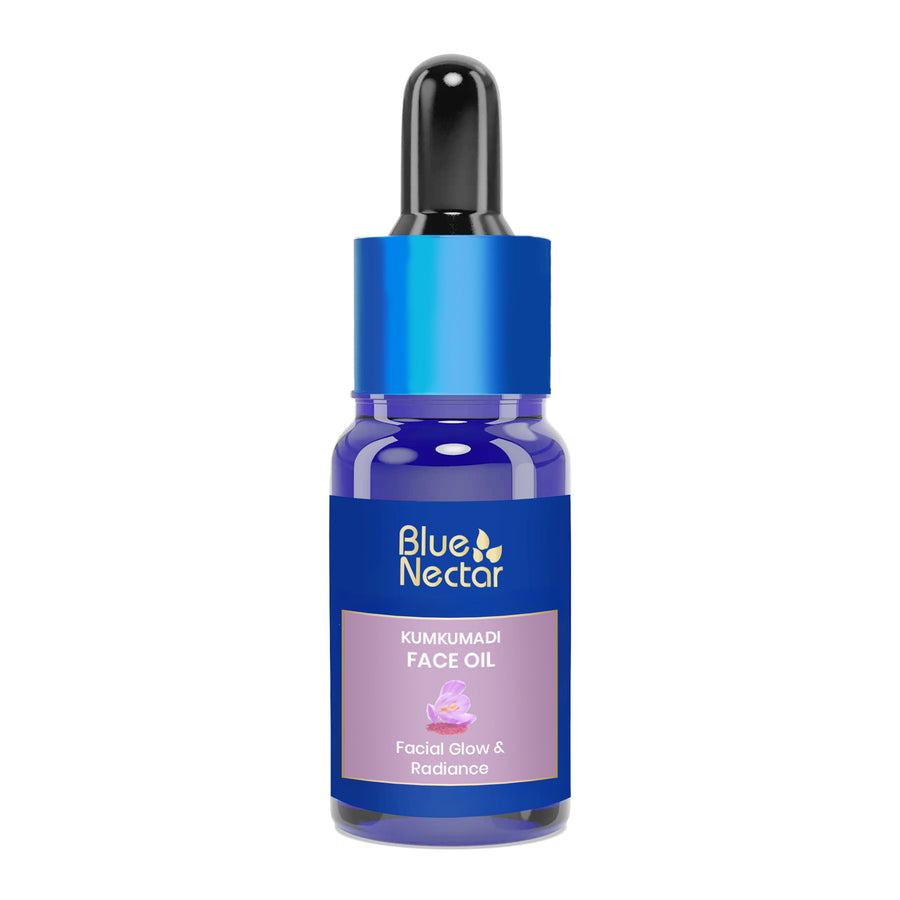
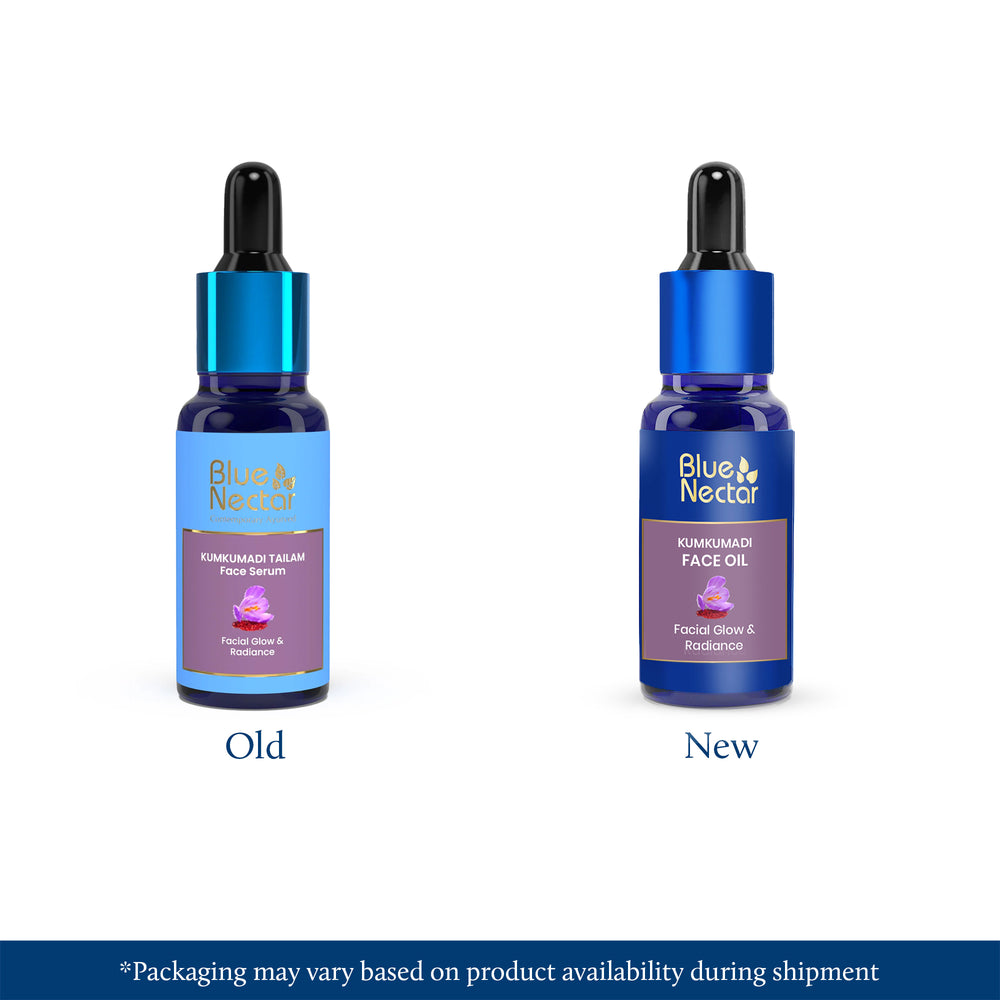
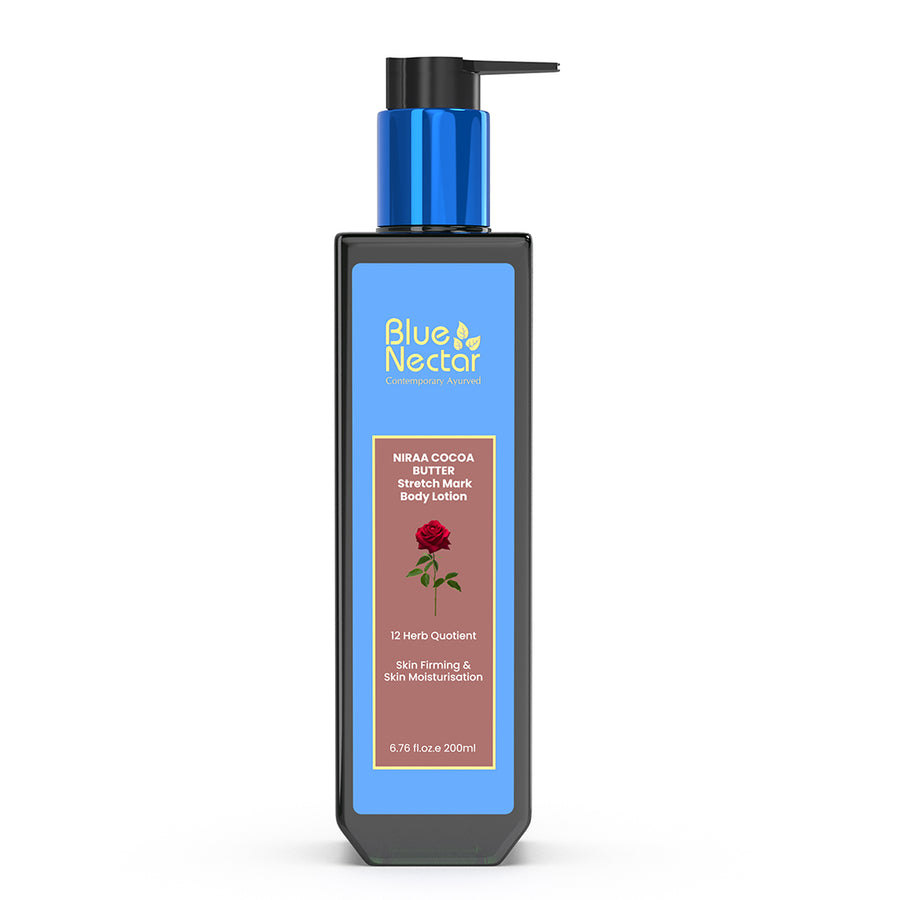

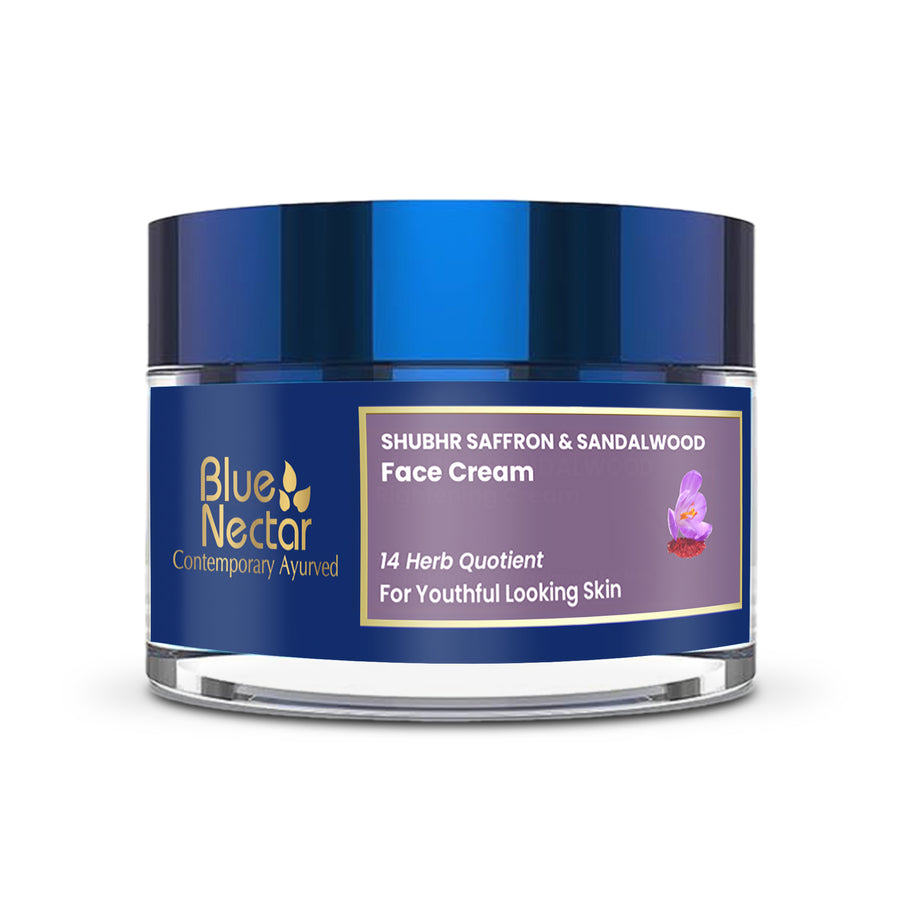
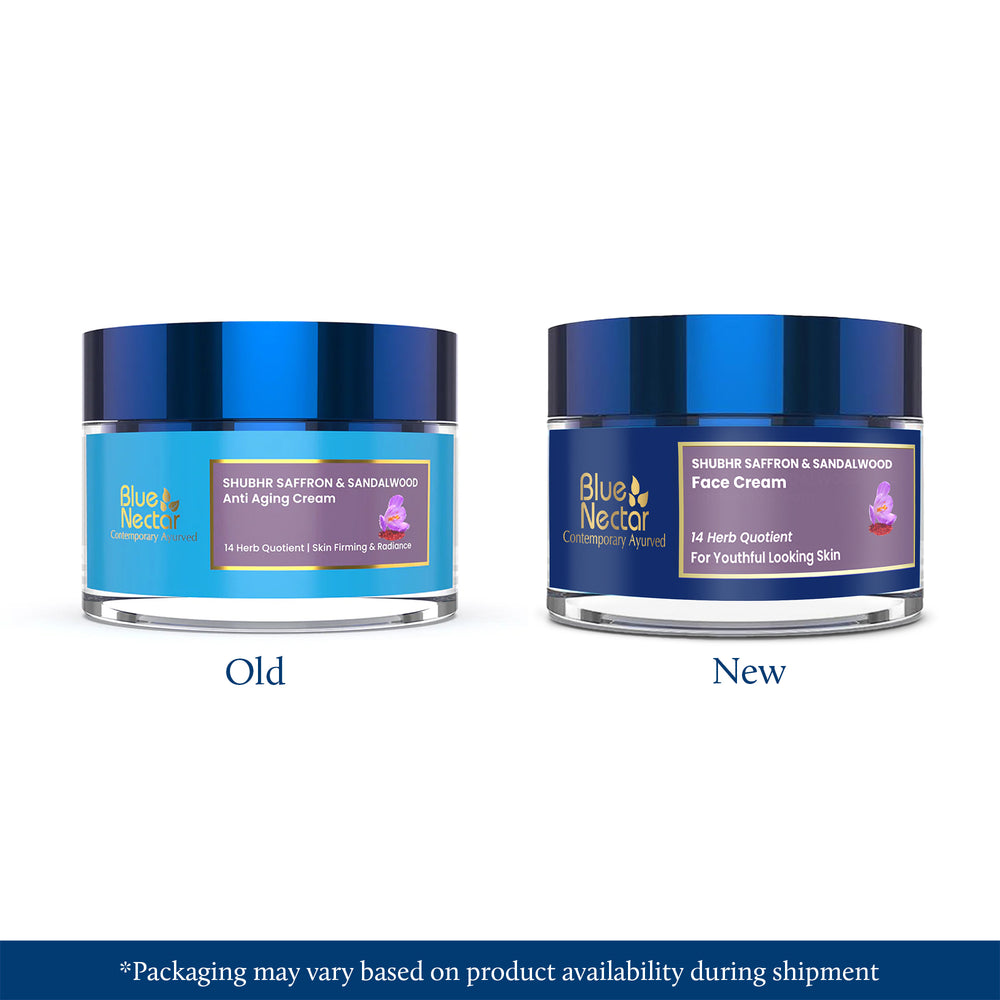
Leave a comment